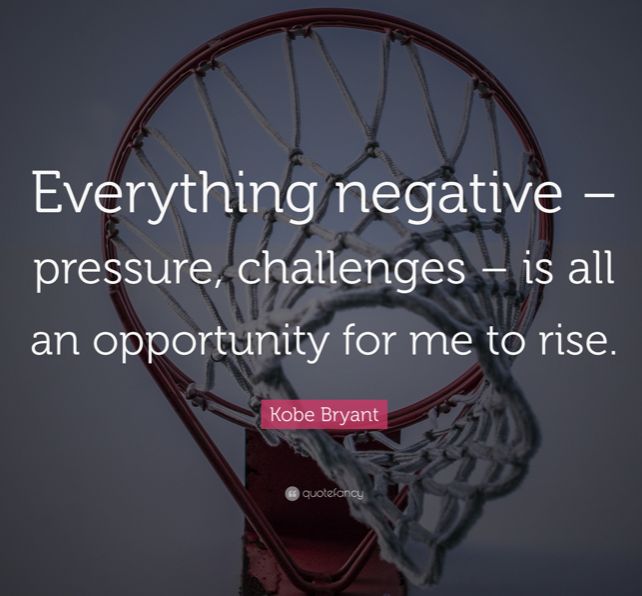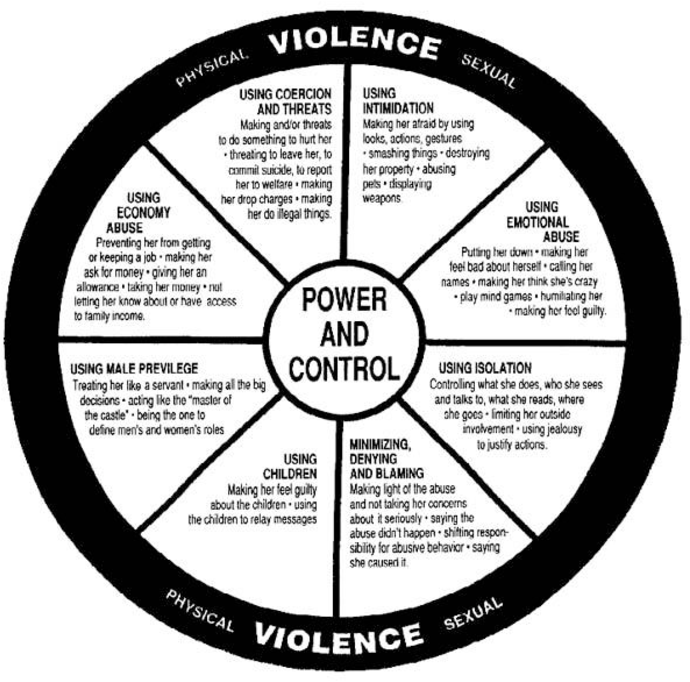How to be better in your relationship
8 Ways to Strengthen Your Relationship
0 Comments
Author: Heather Prouty
Love is perhaps our most powerful emotion, and the need to be in a loving relationship may be one of the strongest needs we have. Being in an intimate relationship makes us feel connected, not only to our partner, but also to the world at large. When our hearts are filled with love, we feel profoundly content and satisfied. We become more patient, more empathetic, kinder, gentler.
But personal intimacy doesn't merely affect our emotional well-being. According to numerous scientific studies, the power of love directly affects our physical health, too, by boosting our immune system, improving our cardiovascular functioning, and increasing our life expectancy. "Love and intimacy are at the root of what makes us sick and what makes us well," says Dean Ornish, M.
D., who explores the connections between love and health in his book Love & Survival (HarperCollins). "When you look at the scientific data, the need for love and intimacy is as important and basic as eating, breathing, and sleeping."
On Valentine's Day, we celebrate our love for each other over candlelit dinners or through exchanges of chocolates, flowers, and slinky lingerie. But a box of bonbons only lasts so long. Experts agree that the key to a vitalized, long-lasting relationship is what you and your partner do the other 364 days of the year. Indeed, keeping your love alive requires continual time and effort. Following are eight steps you can take to keep the flame burning.
Be Friends
Any healthy relationship must be based on a solid underlying friendship. Remember to treat your partner with the same kindness, respect, and appreciation as you would a close friend. Support, listen to, and laugh with each other. Don't allow yourselves to be rude or disrespectful.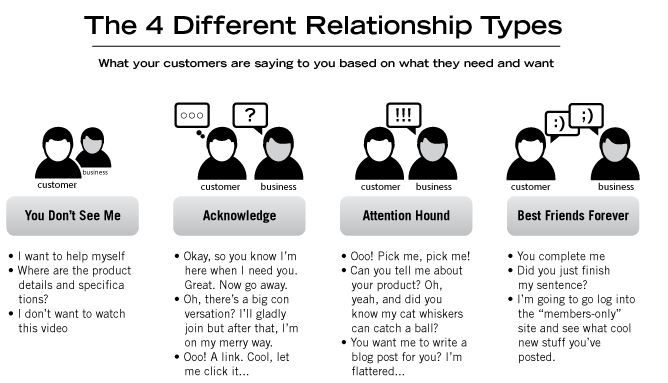
Stay Connected
"Couples need to spend a lot of time with each other," advises David Kaplan, Ph.D., chair of the Department of Counselor Education and Rehabilitation programs at Emporia State University in Emporia, Kansas. "There is no substitute for quantity of time." Kaplan encourages couples to take a half-day a week to go out on a date. In addition, devote at least 15 minutes of your day to meaningful, one-on-one conversation — no television or kids allowed.
Get Physical
Physical intimacy is a natural — and healthy — extension of a relationship. Our best sexual intentions are often put to rest, however, as we collapse into an exhausted heap at the end of the day. Instead, you and your partner need to consciously commit to turning up the heat. Leave the dishes in the sink, turn the laptop off, and just do it! Set the mood with the sensual music, and light some calming aromatherapy candles or incense. Learn to communicate your loving energy through touch.
Celebrate Each Other
Saying something kind and affectionate to your partner should be a daily habit.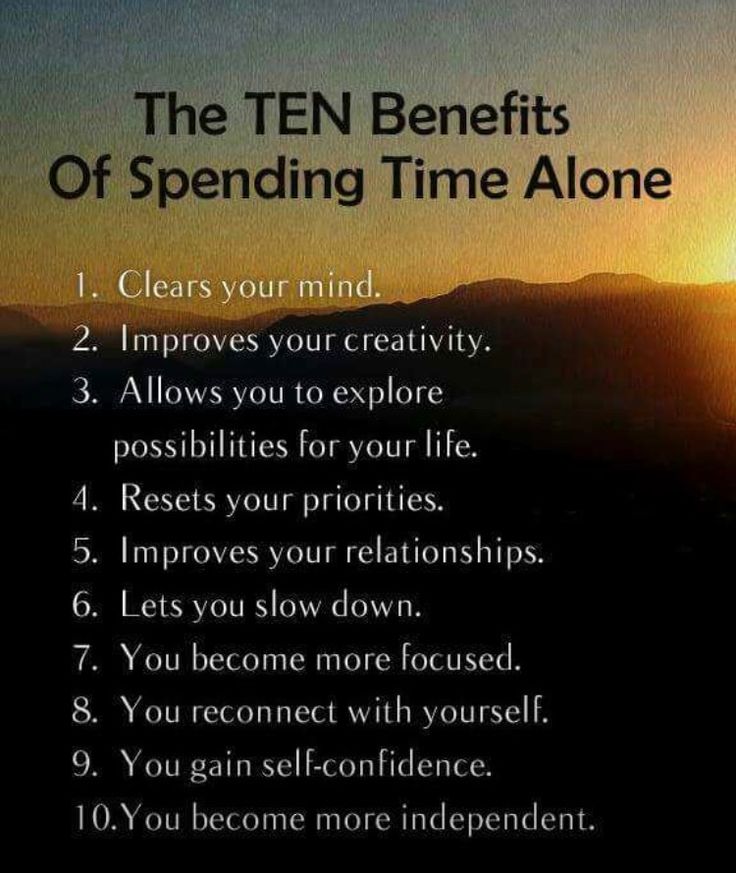 The expression of loving thoughts nourishes your relationship by helping you both remember what it is you treasure about each other. Let your partner know how much you appreciate him or her, and be generous with compliments and expressions of affection.
The expression of loving thoughts nourishes your relationship by helping you both remember what it is you treasure about each other. Let your partner know how much you appreciate him or her, and be generous with compliments and expressions of affection.
Fight Well
Since disagreements and arguments are inevitable, what's important is not whether you fight but how you fight. When disagreements surface, keep them short. "No more than 10 minutes," says Kaplan. "After ten minutes, it gets nasty and repetitive." Also, keep boundaries on the subject matter. Don't dredge up issues from last week or last month-keep your dispute focused on the matter at hand.
Take a Class
Feeling like your relationship could benefit from professional advice? Why not take a class on communications skills, attend a seminar on loving kindness, or read a book on relationship-building together? Your efforts will likely spark important discussions about your relationship and, ultimately, enhance it.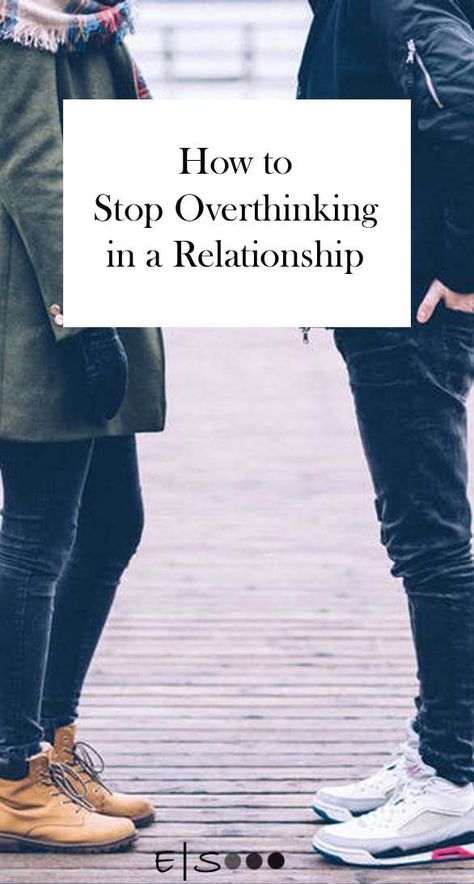 A good starting point is Phillip McGraw, Ph.D.'s straight-talking tome Relationship Rescue (Hyperion, 2000).
A good starting point is Phillip McGraw, Ph.D.'s straight-talking tome Relationship Rescue (Hyperion, 2000).
Listen Carefully
Being an attentive listener lets your partner know that his or her thoughts and feelings are important to you. Moreover, good listening encourages partners "to open up and be willing to share," says Richard and Kristine Carlson, authors of Don't Sweat the Small Things in Love (Hyperion, 1999). The secret, say the Carlsons, is not just to "hear" what your partner is saying, but to be truly "present," having a heartfelt desire to understand what is being said and listening without being judgmental.
Maintain Your Sense of Self
Partners must learn to balance their needs as individuals with their needs as a couple. "On one hand, you don't want people to be too far apart emotionally. If you don't spend time together, you become disengaged emotionally," says Kaplan. "The other end of the spectrum is couples that become too dependent on each other and their individual identity gets lost. " Ideally, the two of you should be close enough to have intimacy, yet "far enough away to have an individual identity," says Kaplan. Don't be afraid to develop some friendships and interests separate from your partner.
" Ideally, the two of you should be close enough to have intimacy, yet "far enough away to have an individual identity," says Kaplan. Don't be afraid to develop some friendships and interests separate from your partner.
Also in Blog
Body Peace & Personal Empowerment
From the moment we’re born and take our first breath, we’re being socialized or learning what it means to be a member of the culture we were born into. We begin learning through both subtle and overt cues, messages, observations and images what the values and norms of that culture are in that time and place. We learn what is acceptable, desirable, worthy, valuable… and what isn’t.
Yoga for Swimmers: Poses for Strength and Mobility
Micha Shaw, former pro swimmer, walks us through five yoga poses that help athletes who perform repeated movements day in and day out, to not only increase flexibility, mobility and strength, but also bring awareness to movement patterns, enhance performance and stay injury-free.
Amanda Huggins: From Anxiety to Empowerment
Amanda Huggins, anxiety coach and Gaiam influencer, tells the story of how she transformed her anxiety into empowerment and offers journaling prompts to begin the process of understanding your relationship with anxiety.
10 Things You Can Do To Improve Your Relationship
Relationships
written by CHRISTINA HUYNH
Source: cottonbro | Pexels
Whether you’ve been dating your partner for a few months or have been married for five years, healthy relationships are built from commitment, mutual respect, and effort. While you probably felt an immediate and effortless spark when you first met, it takes work to maintain that spark as your relationship develops—but don’t worry, it will be the most fun and rewarding work you’ll ever do.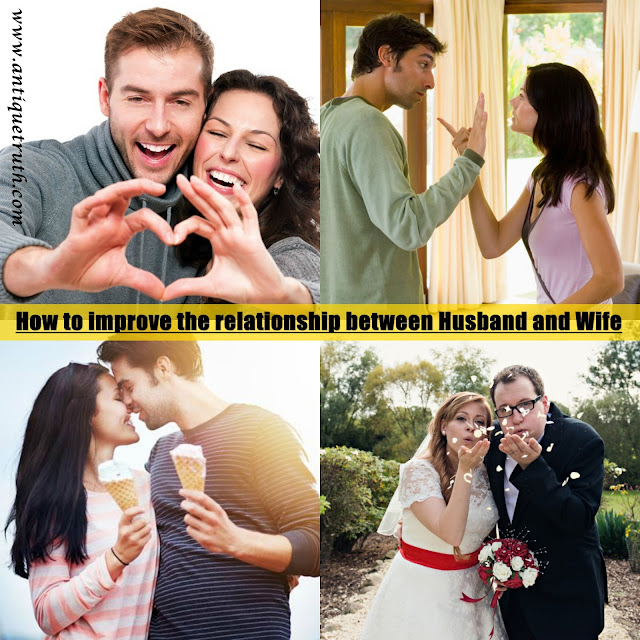 While every relationship is different, you can always work to improve your bond, friendship, and intimacy. Try these 10 things to improve your relationship RN.
While every relationship is different, you can always work to improve your bond, friendship, and intimacy. Try these 10 things to improve your relationship RN.
1. Ask your partner something new
Communication is arguably the #1 determining factor of success for every relationship. It’s nice to ask how your partner’s day went, but it can feel routine when you ask the same thing every day or don’t branch out into new topics of conversation. Enhance your relationship and communication by putting in the extra effort to question your significant other on something more specific. By asking new questions (like “How did you feel about that?” or “What do you prefer doing at work instead?”), you’ll avoid going through the motions, listen more intently to each other, and have more meaningful discussions.
2. Designate a monthly date night
Between both of your busy schedules and nonstop responsibilities, the most foolproof way to guarantee that you’ll make time for each other is to set a night every month dedicated to strengthening your connection and reigniting that spark. Whether you’re looking to spice up your relationship or want to do something together that doesn’t include Netflix, schedule a date. The connection from even one night out can have long-term effects.
Whether you’re looking to spice up your relationship or want to do something together that doesn’t include Netflix, schedule a date. The connection from even one night out can have long-term effects.
View this post on Instagram
A post shared by Amanda | According to Mandy (@accordingtomandy)
3. Say “thank you”
Especially in relationships that have gone on for years and have fallen into routines, we can get so comfortable that we expect our partners to meet all of our needs, whether it’s how they treat us or the daily chores they do. Saying a simple “thank you” for cleaning the dishes after dinner or giving you a compliment enforces their good behavior and makes them feel appreciated as well as helps you remember why you love them. It’s also important to express appreciation and gratitude for them being in your life and how much they mean to you (and not just what they do for you).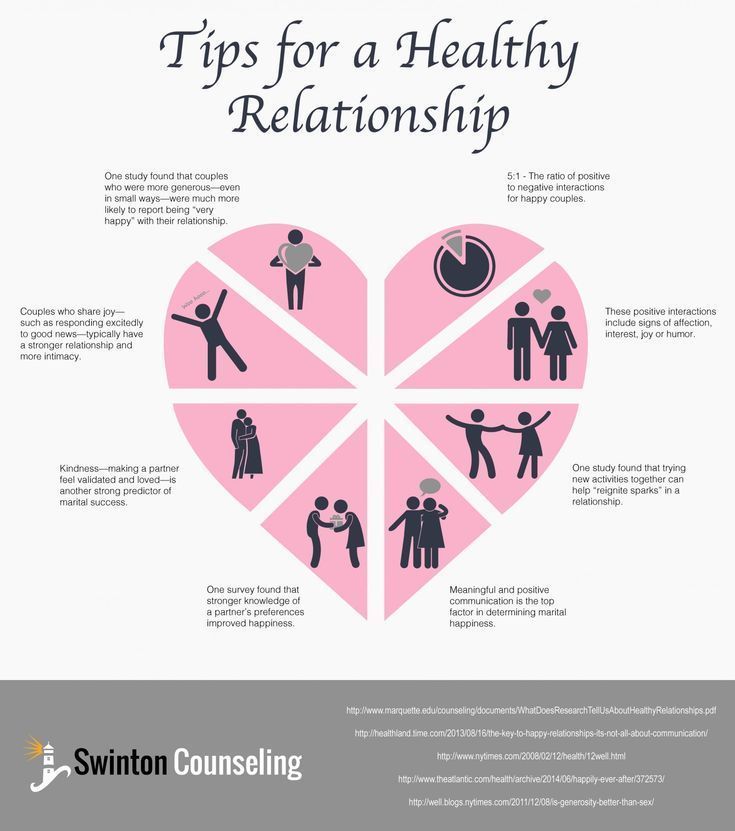
4. Schedule a check-in
Scheduling might not seem very sexy and spontaneous, but making sure you’re regularly checking in with each other will keep your relationship strong. It can be easy to let annoyance after annoyance build up until it gets to a full-blown fight, so checking in means fewer fights, more communication, and better connection. After all, a relationship is just two people trying to get their needs met. Use a check-in to discuss any recent triggers, problems, and even all the good things that deserve recognition too. Try doing this monthly, weekly, or even daily, and put it on your calendars so you don’t forget or skip it.
5. Remember the small things
Another way to add meaning to your conversation is to truly listen to what your significant other is saying and then bring up those little things again in the future. For example, if your partner mentions a new pair of shoes that they want, take note of it to gift it to them for their birthday coming up, or if your significant other says they want to try a restaurant you haven’t been to, suggest it for your next date night or surprise them with takeout. The fact that you pay attention to and remember even the minor details that your partner says will show how much you listen, care, and want them to feel loved. Overall, it’s the little things that mean the most.
The fact that you pay attention to and remember even the minor details that your partner says will show how much you listen, care, and want them to feel loved. Overall, it’s the little things that mean the most.
View this post on Instagram
A post shared by ALEX LAROSA-WILLIAMS (@missalexlarosa)
6. Let go of the past
As a culprit for many potential arguments and the underlying issue for future ones, what happens in the past doesn’t always stay there. But it’s difficult to move forward in a relationship when you’re still thinking about past fights, problems, or issues that you’ve already resolved. If you find yourself continuing to dwell on the past, it might be a sign to take a step back and consider why. Are you naturally less forgiving or is what happened something you can’t seem to forgive? By focusing on the reason for this recurring feeling, you’ll find more clarity within yourself and about what you want from the relationship with your partner.
7. Show your affection
From grabbing your partner’s hand at a restaurant to going to bed together at the end of the night, you know how you feel about your partner, but they should be able to feel it as well. Physical touch goes a long way in keeping romance and connection alive in long-term relationships. Try to avoid physical touch routines, meaning the only physical touch in your daily life is a kiss goodbye or a hug hello (though these are also important gestures). In addition to your hellos and goodbyes, hug them unexpectedly, hold their hand in the car or while watching TV, or even just pat them on the arm to feel close. Physical closeness can translate to emotional closeness.
8. Learn your partner’s boundaries
Does your partner wish to be left alone when they’re upset? Do they mind that you want to text all day long, or do they prefer you call them when you’re apart at night? Is there a certain way they prefer to argue or certain topics they’re not comfortable discussing with you yet? These questions are simple, but the answers to them will help you understand your partner’s boundaries (and stop you from crossing them). Overall, your partner’s needs are most likely different from yours, and knowing their boundaries is the best way to respect them. Have conversations to explain your boundaries to each other, but also pay attention and ask questions to understand them better.
Overall, your partner’s needs are most likely different from yours, and knowing their boundaries is the best way to respect them. Have conversations to explain your boundaries to each other, but also pay attention and ask questions to understand them better.
View this post on Instagram
A post shared by Raff (@raffinee)
9. Laugh together
Relationships are just friendships with exclusivity. Loving each other is crucial, and liking each other is important too. While the life-partner stuff (like dividing chores) or the romantic stuff (like holding hands) might be top priorities to improve your relationship, remember that the friendship stuff is just as important. Laugh together at least once every day, whether it’s sharing a funny story that happened to you at the grocery store, bringing up an inside joke, or watching the show that makes you both laugh out loud. Laughing not only bonds us but also helps us remember that the point of being in a relationship is to enjoy the person we love.
Laughing not only bonds us but also helps us remember that the point of being in a relationship is to enjoy the person we love.
10. Make time to focus on yourself
How we feel about ourselves is how we’ll act in a relationship. For example, if you lack confidence in yourself, you’ll look for assurance in your relationship, or if you don’t like to be alone with yourself, you’ll need to be around your significant other 24/7. To prevent any toxic behaviors, it’s essential to have a strong sense of self: Invest in a new hobby, make plans with some friends, and take steps in discovering who you are as a person. By falling in love with yourself, you’ll naturally become the best version of yourself for the person who is falling in love with you.
- Tweet
- Pin
Become better through love
Man and woman
Main ideas
- Union has a beneficial effect on partners if it helps each to become an independent person.

- Starting to live together, we get a new experience.
- By getting to know our partner, we get to know ourselves.
Shouldn't you count on a successful union if you haven't solved your own internal problems? Today, this view is one of the most common. In fact, this is not entirely true: close relationships have a therapeutic effect and can help get rid of personal neuroses, heal many emotional wounds.
“Confidential communication always heals,” says family psychotherapist Anna Varga, “all psychotherapeutic ideas are based on this.” The desire to understand your chosen one, to put yourself in his place, to make him happy, awakens the best feelings in us, giving us a chance to change. It is in our interest to use it.
Reconsider the schemes learned in childhood
Everyone brings their childhood into a new, adult life: the usual roles that were played in the parental family, the way of life, individual words and intonations. For example, we may not realize that in any conflict we behave the way our parents did. People around you may react in different ways, but it is in constant close relationships that there is a chance to realize your own characteristics and learn new ways of behavior.
People around you may react in different ways, but it is in constant close relationships that there is a chance to realize your own characteristics and learn new ways of behavior.
“When my husband and I fight, I sometimes catch myself acting like a mother,” admits 24-year-old Vika. - I repeat her words, involuntarily copy intonation, gestures - in the same way she always reproached dad. But dad is a very accommodating person, and my Igor cannot stand screaming and immediately leaves the house. One day it seemed to me that he would never return. And now, as soon as I notice that during a quarrel my mother “turns on” in me, I try to pull myself together.
Growing up, the child forms himself by successively trying on different models of behavior, primarily parental
Patterns of behavior learned in early childhood seem to be the only possible ones. And thanks to a loved one who gives us invaluable feedback every day, we become more flexible, more free to choose the way to behave in any relationship and situation.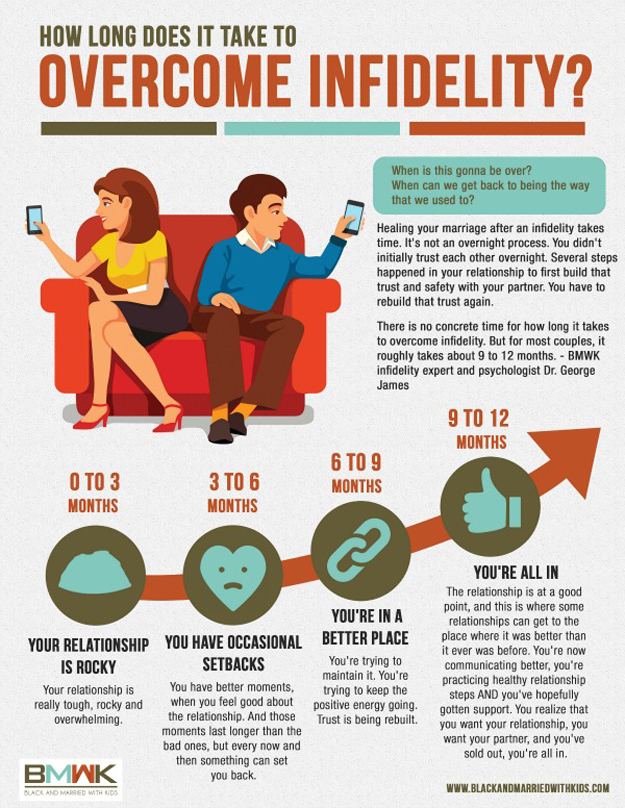
“Imitation of parents is natural, and there is nothing wrong with it,” says psychotherapist Svetlana Krivtsova. - Growing up, the child forms himself, consistently trying on different models of behavior, primarily parental ones. But if the power of the model becomes strong and it begins to control our lives, it is necessary to free ourselves from the influence.
“My father was much older than my mother and took great care of us,” says Olga. I was 15 when he died. Five years later, I met Mark, he was 40. I knew that I was looking for in him what my father gave me - reliability and tenderness, and I was ready to remain weak, obedient, live in the shadow of my husband.
But Mark wasn't going to act like my father, he wanted me to have a career, not just a home. I felt that I would disappoint him if I was too timid and it would hurt our relationship. Our union allowed me to take place professionally, I alone would not have been able to do it. A loved one also carries a personal story, only his family was different. When two people begin to build a life together, each has at its disposal both their own experience and the experience of a partner.
When two people begin to build a life together, each has at its disposal both their own experience and the experience of a partner.
“Everything will be different for us!”
This is what many people say when they decide to live together. This phrase most often means that partners (or one of them) do not want to reproduce the model of the parental family in which they were once unhappy. We, not always realizing it, dream that marriage will save us from the sorrows that we inherited from childhood. “The ability to find a partner who will make you forget about your own unhappy childhood is an illusion, tempting and dangerous, especially for an immature person,” says psychotherapist Alexander Chernikov. It is dangerous because it forces us to endlessly compensate, “play out” our old parent-child relationships, instead of building new ones. We can get rid of this temptation by recognizing the simple fact that the laws, habits, and oddities of our parental families continue to influence us, whether we choose to abandon them or not.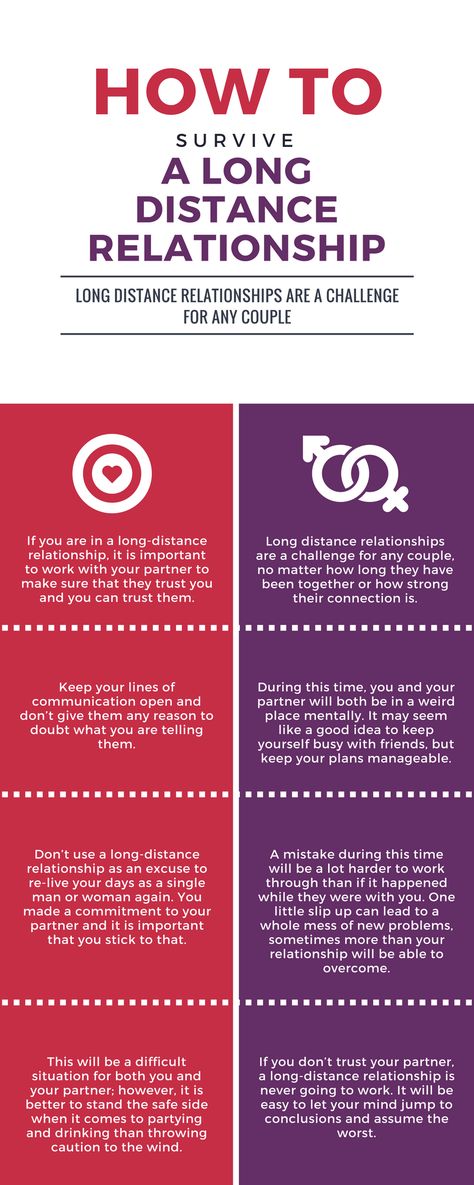 But it is in our power to choose from this inheritance what will be useful to us in married life.
But it is in our power to choose from this inheritance what will be useful to us in married life.
To understand that another person is different
People tend to paint in their imagination a portrait of another person, and our idea of him is always different from reality, from his sense of self. This is especially noticeable when we are in love, fascinated. If we learn even with loving eyes to see a real person and recognize his difference from us, then in any other relationship - with people of other social groups, other cultures, views - it will be easier for us to establish contact, not get annoyed and not adjust the other to our ideas about German
“My friends thought our marriage was a misalliance,” says Rimma. - I am an art historian, now I am studying law, but Oleg does not have a higher education. But I joke that my two educations are enough for our family. And Oleg understands me in a way that none of my previous men understood. With him, I became much calmer and more confident in myself.
In addition, he has a real passion for cars, thanks to him I feel much freer behind the wheel. And if earlier I was a little jarred that he did not understand painting at all, now I take it calmly. Just sometimes, leafing through some album, I tell Oleg that it is interesting.
If we can look at ourselves through the eyes of a partner, we can develop
“In marriage, there are two different people, two different lifestyles,” says Jungian psychoanalyst Stanislav Raevsky. - Communicating with a representative of a different culture, we usually hope that this communication will be interesting and useful for us. The same thing happens in a marital relationship: first, a person sees the behavior of his partner, recognizes his beliefs and may begin to experience irritation when other views are revealed, unusual words are heard.
But if we can look at ourselves through the eyes of a partner, then we can develop, and not remain in the grip of the past and our own limitations. ”
”
When we begin to recognize the real qualities of our partner, to love his real one, with real desires, character traits, habits, to see in him a personality separate from himself, the relationship becomes more mature and deep.
Development or stagnation
Please tell me, I'll tell you too... Such a relationship scenario does not at all mean that living together solves internal problems, benefits one or both partners. So, two patients, busy with endless conversations about the symptoms of their own neuroses, will not console each other. How to understand whether relationships in a couple lead to the personal growth of partners or, conversely, hinder the development of each? One of the main criteria is the mobility, variability of relations, which, by the way, can contain both contradictions and conflicts. “Tears shed in marriage do not yet speak of bad things,” says Stanislav Raevsky. There are many things in the world that people need to cry over. The internal tragedy is rather expressed in the fact that a person cannot cry: he has no emotions, he does not feel either himself or the other, as if there is glass between them.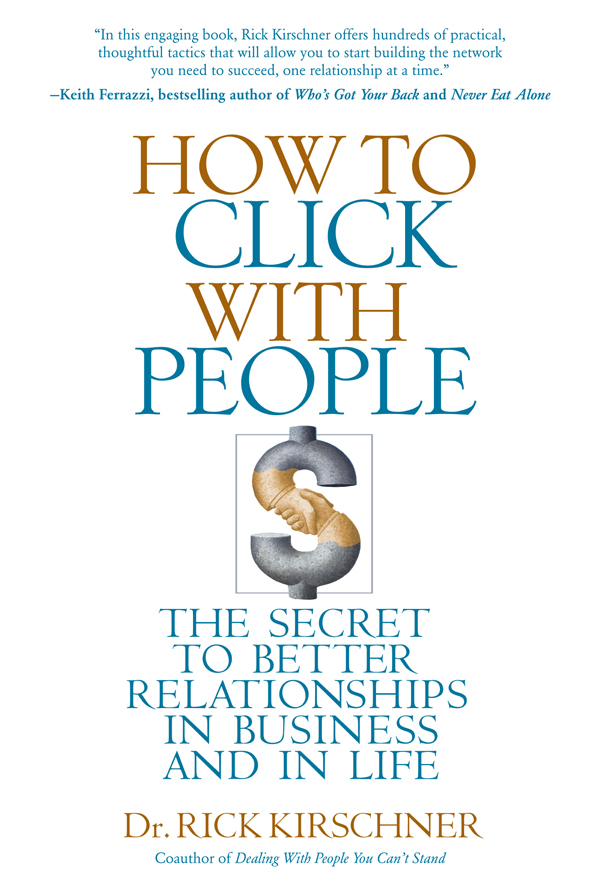 The real sign of stagnation in a marriage is the complete absence of feelings or the constant stinging annoyance that life together causes. They are poor allies for the development of personality."
The real sign of stagnation in a marriage is the complete absence of feelings or the constant stinging annoyance that life together causes. They are poor allies for the development of personality."
From complete merger to synergy
Many of us are familiar with this happy state: you and I are one, all our feelings, thoughts and deeds are common. At the beginning of a relationship, almost every couple goes through this stage of merging. But too strong a desire to merge with another can delay and dissolve both: their connection will begin to develop according to the principle “not relationships for people, but people for relationships.”
In such an alliance, the partner no longer supports, but limits the freedom of the other and their own, it becomes difficult for both to realize their feelings, to make independent decisions. “If it seems to a person that he was an unloved child, he will associate all his expectations with love,” says Svetlana Krivtsova. “But the relationship should not be limited to this feeling alone, otherwise it will not cure anything. ”
”
On the other hand, it is in a loving couple that there is a chance to build and learn to appreciate their own personality, to answer the question “Who am I?”. And help in this ... conflicts.
“I met Ivan at the university,” says Irina. — It was love at first sight. We did not part - we had common activities, hobbies, a common passion for horses. When we received our diplomas, we had to spend a lot of time apart ... quarrels began. Each was frightened by the independence enjoyed by the other. It was scary that he would find other interests and pleasures on the side.
If a person was an unloved child, it is with love that he will connect his expectations
We parted, for some time each lived his own life. But five years later, we found that we were still dear to each other. Now we are together again: if the freedom of another person is respected, changes in a loved one will not cause such anxiety and fear.
“If interests clash or expectations are not met, there is no need to be afraid that this will destroy the relationship,” says Anna Varga. - In any relationship, including in love, there is always a fear of being rejected, of doing something wrong.
If it is too strong, the person may become impersonal, afraid to speak his mind, to present his needs and desires, or to do so only when he knows for sure that he will be received positively. This can take on severe forms - the one to whom they adapt suddenly realizes that he has no one to love, the person who was nearby has lost his features, has become a shadow.
When partners understand that they can exist not only together, but also separately, this prolongs the life of their relationship.
“The union is more likely to be durable if each of the partners has sufficient self-respect,” says Stanislav Raevsky. - And if people take risks, transforming their relationships, such an alliance can change them for the better. A partner is a loving mirror. It shows you to you, but at the same time it does not evaluate, does not condemn, does not laugh. A marriage that helps partners develop is like a kind of tango - something between sports and dance.
A partner is a loving mirror. It shows you to you, but at the same time it does not evaluate, does not condemn, does not laugh. A marriage that helps partners develop is like a kind of tango - something between sports and dance.
Feeling as an occasion for change
It would be a mistake to consider living together as a panacea for any neurosis, and a wedding ring as omnipotent. “There is no guarantee that everyone’s life will change in marriage,” says Stanislav Raevsky. - Personal development is not a painless process, and a person tends to avoid pain. Change only happens when both partners are determined to overcome crises and admit mistakes.” Changes take place in us all our lives, and we have to get to know each other again and again.
“In a family where partners understand each other, changes for the better happen by chance,” says Anna Varga, “it’s like a side effect of the relationship itself.” “You can’t choose a partner and agree with him immediately and for life,” adds family psychotherapist Alexander Chernikov.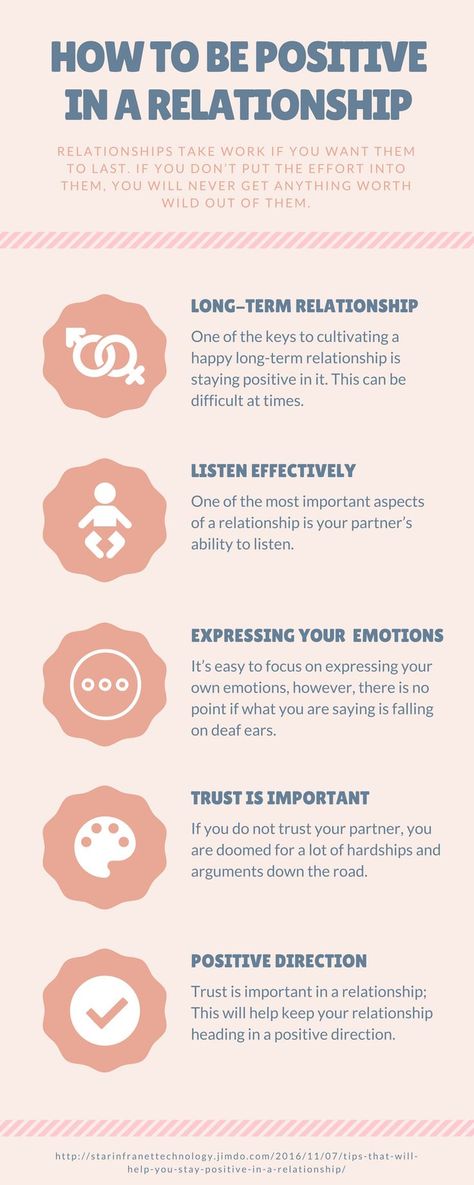 “We are becoming different, and therefore we must constantly negotiate.” And then our union, the involuntary doctor, will continue its work.
“We are becoming different, and therefore we must constantly negotiate.” And then our union, the involuntary doctor, will continue its work.
Text:Yuliana Puchkova, Zhanna SergeevaPhoto Source:Getty Images
New on the site
“My mother suffered from alcoholism, and my father suffered from uncontrollable anger. Now I’m afraid of relationships”
“I know my girlfriend so well that I became annoyed because of her predictability”
How men and women perceive divorce: 3 rules for profitable agreements
How to toast: 6 universal rules - practice at home
Coaching and Psychotherapy: 5 Key Differences
Quiz: What is taking your energy away?
"Men use me all the time - for sex, work or heart-to-heart talk"
The art of gracefully avoiding uncomfortable questions: how to master it
16 tips for anyone in a relationship
December 22, 2020Relationships
How to find the right person and live happily ever after or escape from an unhealthy love story in time.
Share
0You can not only read this article, but also listen to it. If it's more convenient for you, turn on the podcast.
1. Remember that opposites do not attract
Of course, you can have different hobbies and views, but exactly as long as they do not invade the territory of the partner's key worldview positions. The joint life of a supporter of patriarchal views and a feminist, a monarchist and a liberal, and even fans of Spartak and CSKA is unlikely to be cloudless. In key questions, you must look, according to the precepts of Exupery, in one direction.
2. Set the rules
Arrangements are not a desire to restrict someone's freedom, it is an attempt to develop a common language that your couple speaks. Your partner’s views on the distribution of responsibilities, financial issues, the possibility of sex on the side, joint and separate holidays, and even who goes to the shower first in the morning, can be completely different from yours. It is not necessary to wait for a major quarrel to find out what he thinks about this. Set rules ahead of time and follow them.
It is not necessary to wait for a major quarrel to find out what he thinks about this. Set rules ahead of time and follow them.
3. Hear someone else's "no"
Do not do "the best" if the partner has clearly expressed his disagreement with something. "No" does not mean "maybe" or "yes, but I want to be persuaded."
4. Do not tolerate a partner who does unpleasant things to teach you a lesson
Taking the position of a teacher, a person ceases to be an equal partner and begins to act from the point of view of a higher level, a subject who is allowed more. What's next? Will he give you grades and expel you from home for poor performance? Someone who intentionally makes you feel guilty is not good for a relationship.
5. Don't try to be smarter
You must have heard advice from the series: "Be smarter, keep quiet and do it your way", "Just do it, then she will understand that it's better." These are all tricks and manipulations that harm relationships.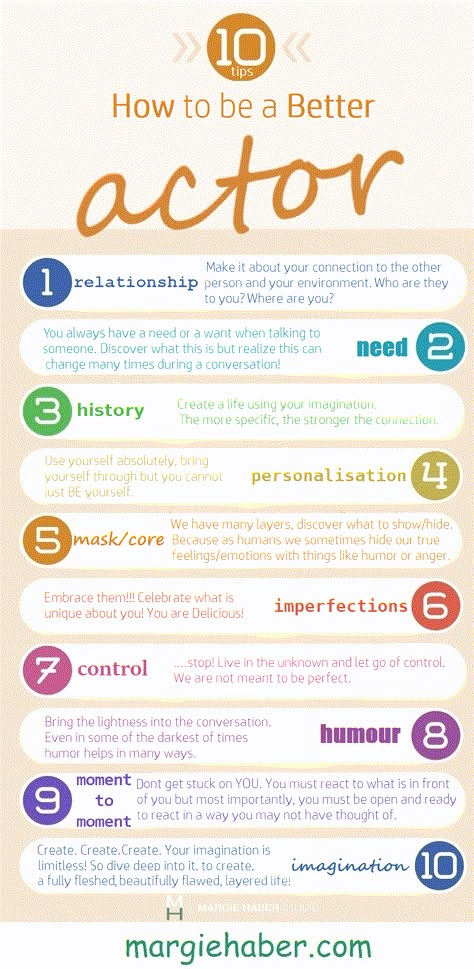 If you cannot openly agree and continue to do what is unacceptable for your half, you should either reconsider your position or change your partner.
If you cannot openly agree and continue to do what is unacceptable for your half, you should either reconsider your position or change your partner.
6. Do not demand telepathic abilities from your partner
Nature gave a speech apparatus to a person, use it for its intended purpose. Tell your partner what you like and dislike, what you expect, what actions upset you. And certainly you should not blame a person for not knowing what you are offended by.
7. Solve problems without involving a third party
No need to run to parents, friends or anonymous people on the forum for advice. You always know better what is happening in a relationship, since it is you who know all the circumstances of the conflict.
Let's say you still turned to your mother for support and she agreed that your partner is wrong and generally a bad person. Only you and the offender will then make peace, and for your mother (friend, the entire Internet), he will remain a scoundrel.
8. Clean up the rubbish in public
At first glance, this advice contradicts the previous one, but it is not. If you find yourself unable to cope with problems in a couple, you should seek help. With suddenly emerging different views on life, a psychologist will help to cope. In case of mental or physical abuse, seek help wherever possible: from friends, in special centers, in the police. Not everyone has the resources to get out of an abuse situation on their own.
9. Do not compare your relationships with stories from books and films
Stop trying to repeat a love story from your favorite movies, books, and especially fairy tales. You are not Cinderella and the Prince, you are not Mr. Darcy and Elizabeth Bennet (or Bridget Jones), you are not Tony Stark and Pepper Potts, your relationship develops differently, and that's okay.
And then, before plunging into the vanilla abyss called "happily ever after", the characters go through a series of difficulties, because the conflict is the engine of the plot. Create your own "happily ever after" without serial wisdom and without regard to the fantasies of screenwriters and writers.
Create your own "happily ever after" without serial wisdom and without regard to the fantasies of screenwriters and writers.
10. Move at your own pace
Even if all your friends got married a year after they met, two years later they had a baby, five years later they bought a house in the suburbs suitable for a large family, it is not necessary to try to fit your relationship into a similar scenario. Each couple moves at their own pace, just keep going.
11. Don't ignore the red flags
Most relationships have a presentation period when both partners try to appear better than they really are. And if already at the candy-bouquet stage you see danger signals, do not ignore them, trust your intuition.
Unreasonable outbursts of aggression, rudeness towards waiters, unflattering remarks about exes and other things that bother you can easily be written off as “it seemed” and “he / she will improve.” Most likely, it didn’t seem to you and your partner will not improve. Soberly think about whether you are ready to face such negative manifestations on a regular basis.
Soberly think about whether you are ready to face such negative manifestations on a regular basis.
12. Check if relationships make life easier
If your love story consists entirely of difficulties, overcoming, quarrels and rare but bright bouts of happiness, this is an unhealthy relationship. People quickly become accustomed to emotional swings, when despair and delight alternate, and can consider themselves quite satisfied with this.
But be honest with yourself: does your partner make your life easier or more difficult? Do you feel happy more often than unhappy? Don't wait for your love's Titanic to sink, get on the boat. Otherwise, you may not have enough space on the saving door.
13. Leave each other personal space
Not everything that people come into a relationship with becomes common. Reserve the right to conduct private correspondence, have personal savings that you spend on things you only need, and engage in your favorite hobby. And most importantly, your partner can do all this too. Just accept it.
Just accept it.
14. Don't chase the ghosts of your exes.
If you didn't meet in kindergarten, your partner has most likely already been in a relationship. Just leave them in the past, you don’t need to constantly compare yourself with the former, check their pages on social networks and count how many likes they give to your half.
By the way, you probably also had a relationship. And forget about them too. It is very easy to begin to idealize the person with whom you had a romantic story. But consider this: if an ex was great, he wouldn't be an ex.
15. Do not consider jealousy as an indicator of high feelings
The demand to stop communication with all persons of the opposite sex, ambiguous reactions to every glance in the direction of an attractive person, attempts to control correspondence do not indicate great love and fear of losing a partner. This is a way of control and the very alarm signal that should not be ignored.
16. Talk about love
Have you confessed your feelings to your partner once and do you think that is enough? Do not take the person next to you for granted, be grateful that he chose you.
